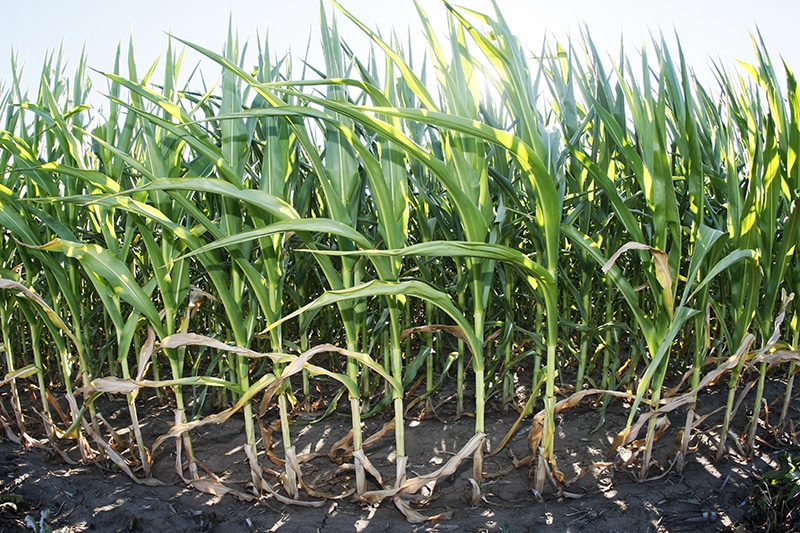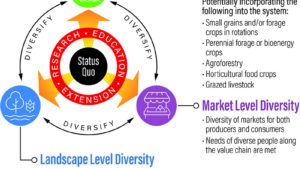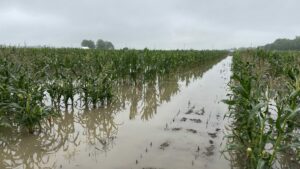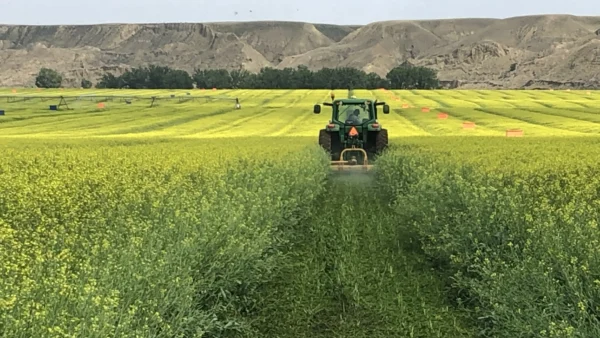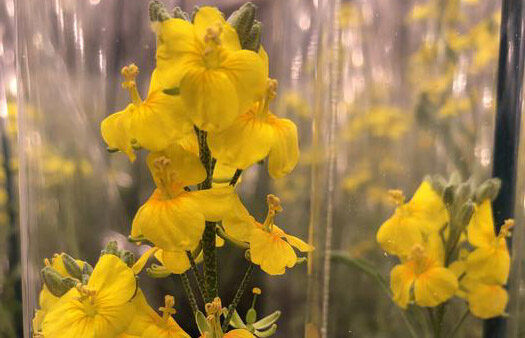Purdue is leading a new partnership with the USDA’s Midwest Climate Hub. The $1.5 million partnership aims to help a diverse group of farmers and landowners in Indiana, Illinois and Iowa learn what practices will help them elude the effects of climate change, says a release.
The project, called Integrated Midwest Partnerships for Actionable Climate Tools and Training (IMPACT2) will help to mitigate long-term climate change issues.
“Projections show that corn won’t do as well in a changing climate,” said IMPACT2 co-leader Linda Prokopy, professor and head of the Department of Horticulture and Landscape Architecture in Purdue’s College of Agriculture. “It doesn’t yield as well as temperatures increase.”
With climate change also comes more extreme weather, and Dennis Todey, says adapting to the currently changing climate is the near-term issue.
“Agriculture can adapt, but we want to help adapt even more quickly to the changing conditions,” Todey, co-leader of IMPACT2, said. “We call that the mitigation part. Agriculture has an ability to sequester greenhouse gases to make itself further resilient to coming climate changes. How then do we prepare for, help mitigate and reduce some of the potential longer-term issues?”
The IMPACT2 team will offer some scenario-based activities to these diverse stakeholders in Indiana, Illinois and Iowa to help them envision a different future. The team aims to reach 2,000 stakeholders and deliver training to 500 or more farmer producers and landowners.
“We’re going to make sure that our materials work for the full gamut of farmers out there,” Todey said. “Even people who aren’t farming but who are thinking, ‘Maybe I can acquire some land. What should I grow? How should I farm it?’ We’re trying to get to people early so as they’re entering agriculture, they’re doing the right things.”
Read more about the project here.


